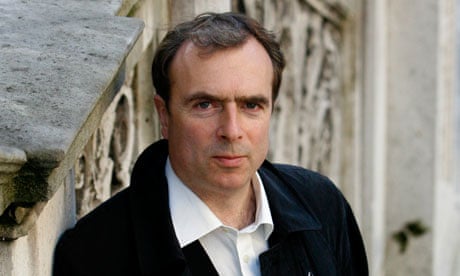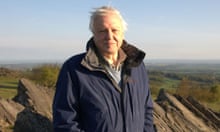An independent review of the BBC's science coverage, led by the geneticist Professor Steve Jones, has concluded that journalists have in the past distorted scientific research by giving too much coverage to fringe scientific viewpoints. I read the report with great interest, as I have myself had cause to reflect on the media's science impartiality in relation to several interviews I have done about drug harms and drug treatment policy.
The two most remarkable instances came in radio interviews on current affairs programs. One was after the publication of our recent Lancet paper on the comparative harms of 20 commonly used drugs. The Today programme had asked me for an interview and said they would try to get someone else on to discuss the implications of our findings (the key conclusion was that alcohol is the most harmful drug in the UK today). I asked to be informed of whom I would be up against – the editors agreed. I presume that they had some difficulty finding someone to provide scientific opposition, for it wasn't until just before I went on the program at 8:20am that I heard I was not up against a scientist but a journalist, Peter Hitchens.
The interview was remarkable for several reasons and lead to a high number of complaints from listeners about his behaviour. First he asserted that the study was of very poor scientific quality, for no reason other than that we came to a conclusion he didn't like – that cannabis was not as harmful as alcohol. He continued to harangue and talk over me when I tried to explain our scientific method and interpret the findings.
It could have been worse, of course; at least he didn't pursue a claim previously made in the Daily Mail, that I was a "ninny-brained menace to the nation's youth". The listener response was intense, and critical of Hitchens's behaviour, to the extent that the BBC issued a statement saying that they would not use him again. Hitchens then protested that this was "censorship" and was granted an audience on the Feedback program to show that this was not the case.
The second instance came in a regional news program, where I was asked to talk about the current government's new attitude to heroin addiction: namely its efforts to do away with proven treatments such as methadone and buprenorphine. Without warning, I found myself debating the issue with Kathy Gyngell, a vocal protagonist of "recovery" from addiction. This proved challenging, as she was not interested in scientific studies showing that substitution or maintenance treatment worked, continuing to pursue the claim that abstinence was a proven alternative.
When I asked for scientific evidence to back up Gyngell's claims, she made the remarkable statement that her "personal" evidence of efficacy for recovery programs was as valid as the scientific studies I was quoting. I was almost speechless, more because of the complete lack of any sense of insight into the absurdity of her statement than in the substance of her claims. When evidence becomes what is – in the words of the Red Queen, "what I say it is" – then we are really in trouble.
Such attitudes explain many politicians' attitudes to drugs and the drug laws, but they should be resisted by broadcasters. I appreciate that it may be difficult if not impossible to find credible arguments against certain scientific arguments. So why try? Using polemicists as pseudo-experts may give a veneer of balance, but in the end such an approach devalues the scientific method.


